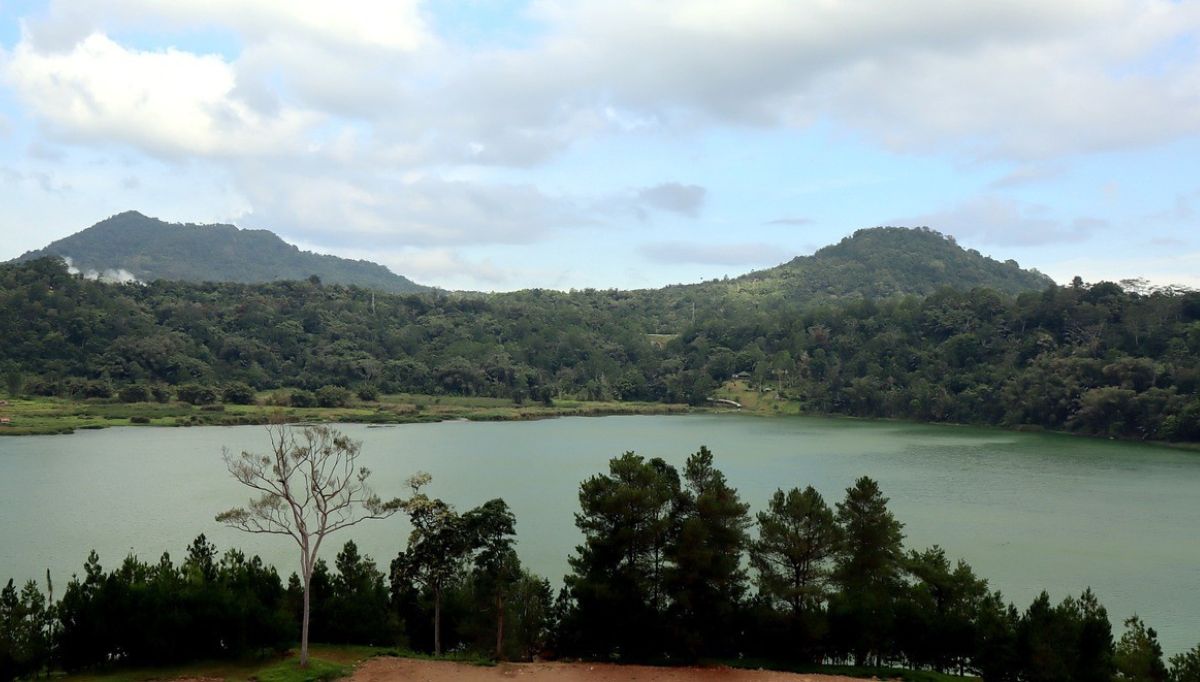Recent research published in People and Nature, a collaborative effort by the University of Sydney and Stockholm University, has brought to light intriguing dynamics within rural farming communities. This study, focusing on cocoa-producing villages in Sulawesi, suggests that when a few individuals hold most of the sway in social systems, it could inadvertently stifle the introduction of new ideas and sustainable practices in agriculture.
Understanding “Hub and Spoke” Social Structures
Delving into the social networks and fertiliser use across 30 villages, the researchers discovered a pattern. In cases where one or two farmers, often recognized as “model farmers” in sustainability initiatives, wield significant influence, their methods become a norm for the entire community. This pattern, referred to as “hub and spoke” networks by the researchers, poses a risk to innovation and the adoption of sustainable farming techniques, as pointed out by Associate Professor Matous from the University of Sydney’s School of Project Management.
The Dangers of a Uniform Approach in Agriculture
Associate Professor Matous uses a simple analogy to explain the situation: kindergarteners playing soccer, all chasing after the ball together. This, he says, mirrors the lack of diverse roles and perspectives in such social structures. “Centralising influence risks locking in the wrong approach as the status quo – from there it can create a culture of homogeneity, reinforcing pack mentality and group think. When combined with power hierarchies in which those who are less central are not listened to, it can crowd out innovative voices, sometimes swaying entire communities one way or another. In the case of fertilisers, this is a problem because too much can threaten the environment and too little can impact food security.”
The Global Impact on Smallholder Farms
The study’s findings are globally significant, referencing a UN report that states smallholder farms support the livelihoods of 2.5 billion people worldwide. The decisions these farmers make have profound implications for environmental sustainability and global food security. Conducted in collaboration with Swisscontact, an NGO that champions sustainable agricultural practices, the research underscores the importance of a nuanced approach in farming initiatives.
Redefining Leadership in Sustainable Agriculture
Ross Jaax, Swisscontact’s Senior Technical Advisor for Sustainable Agriculture, stresses the need to move away from programs that favor a select group of farmers based on their previous roles in external interventions. He cautions against merely reinforcing traditionalists and the status quo. Echoing this sentiment, Professor Örjan Bodin from the University of Stockholm highlights the risks of top-down interventions in eroding the social fabric of communities and their adaptive capacities.
Also read: vivo’s Photography Contest: A Window to Malaysia’s Heritage
Broader Implications Beyond the Agricultural Realm
Associate Professor Matous suggests that these findings have wider implications, extending to corporate and other leadership settings. Challenging the popular notion of a strong leader, he advocates for a better understanding of socialized forms of leadership where decisions and influence are more evenly distributed. This approach, he believes, could lead to more effective engagement of communities in various projects and programs.
This study offers a fresh perspective on the complex interplay between social influence and innovation in rural farming communities. It calls for a reevaluation of leadership and influence structures, aiming to cultivate a culture of innovation and sustainability across various sectors.











